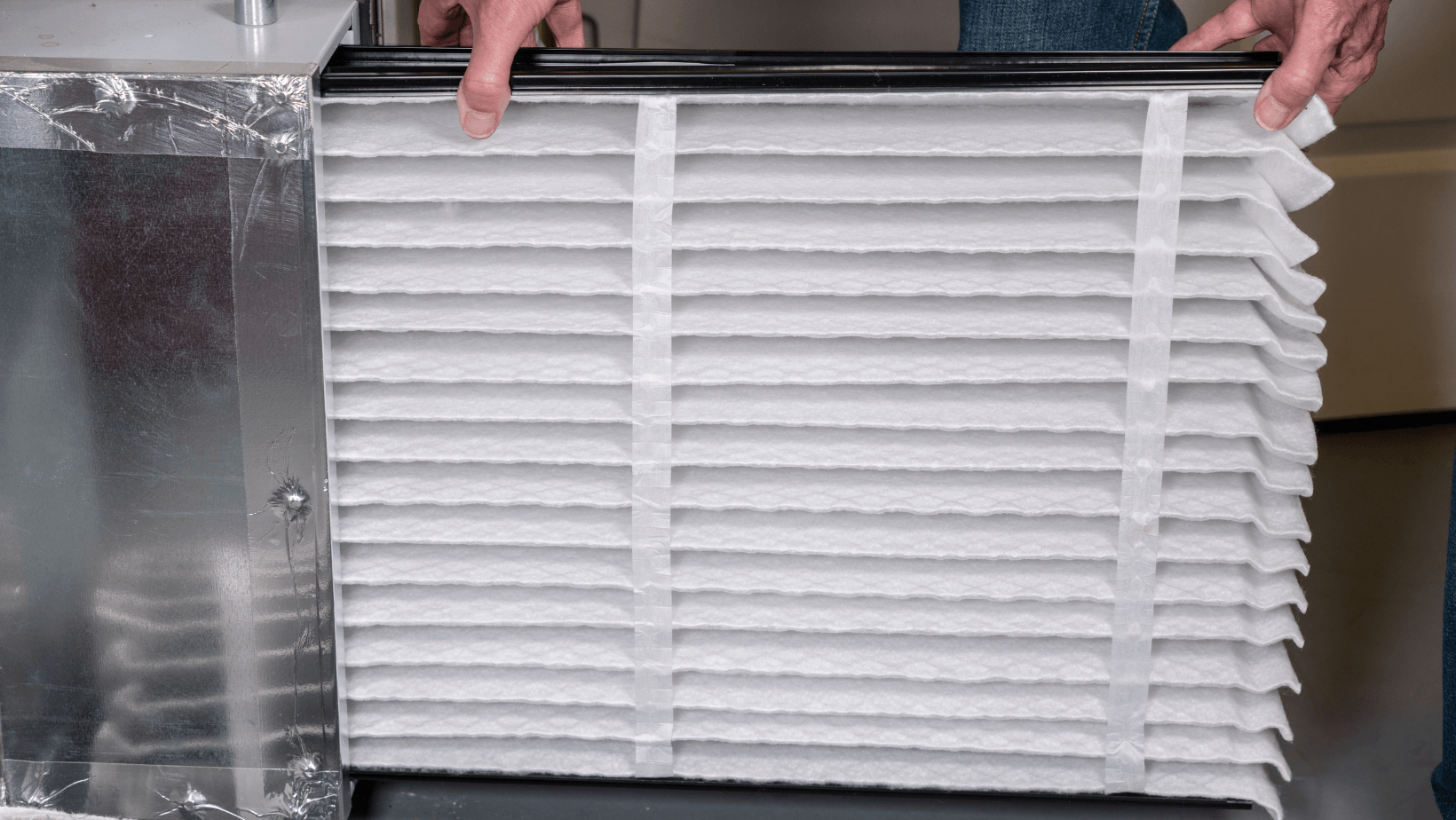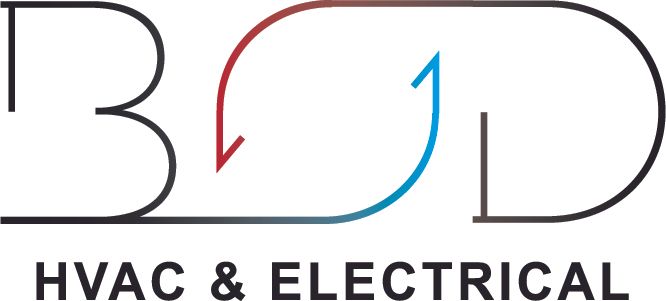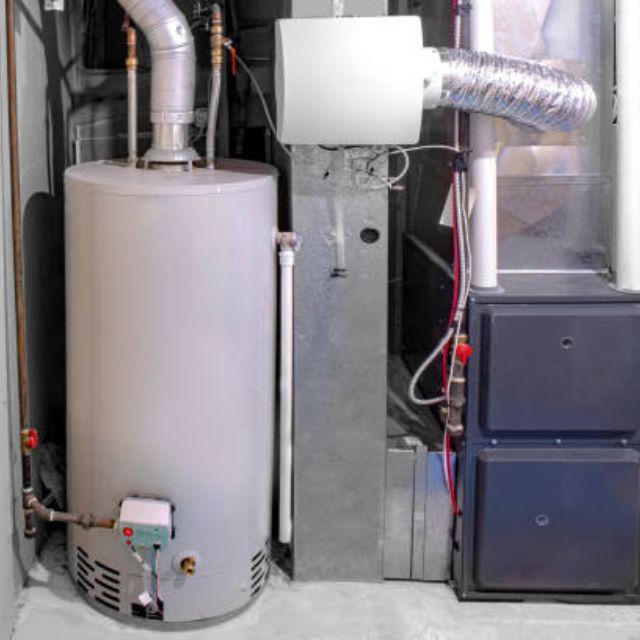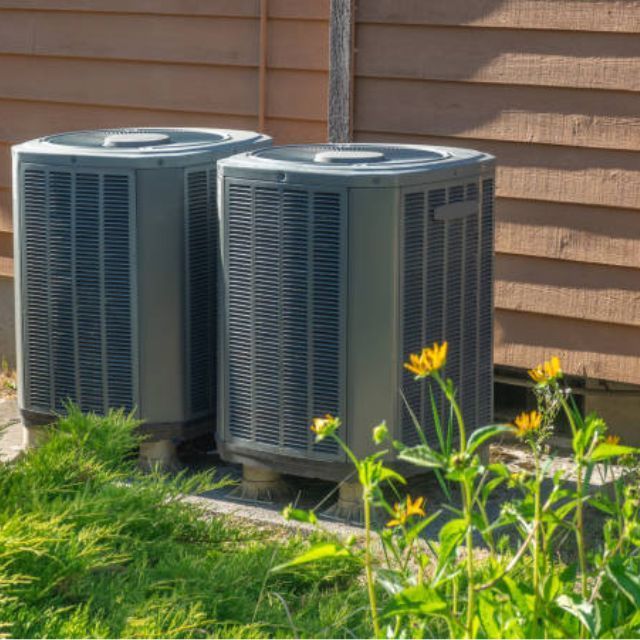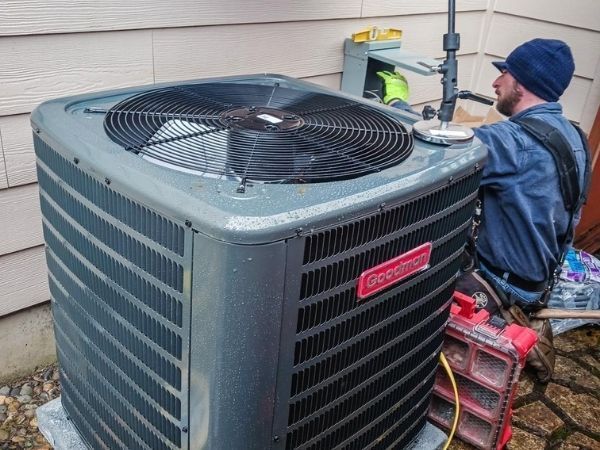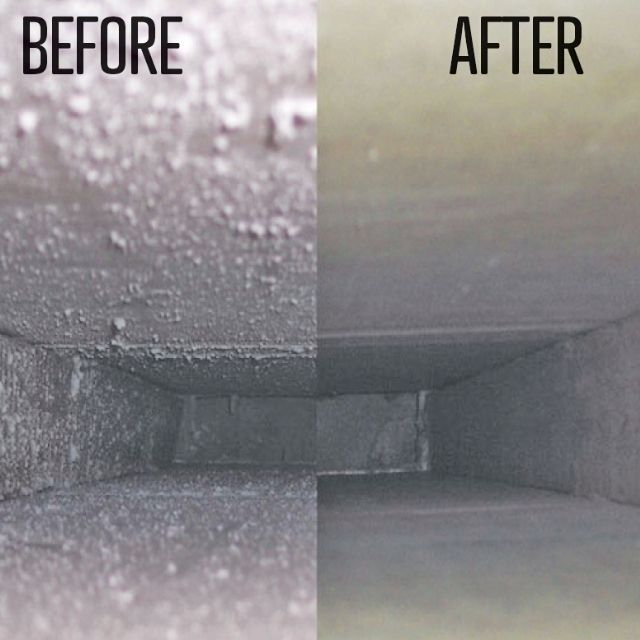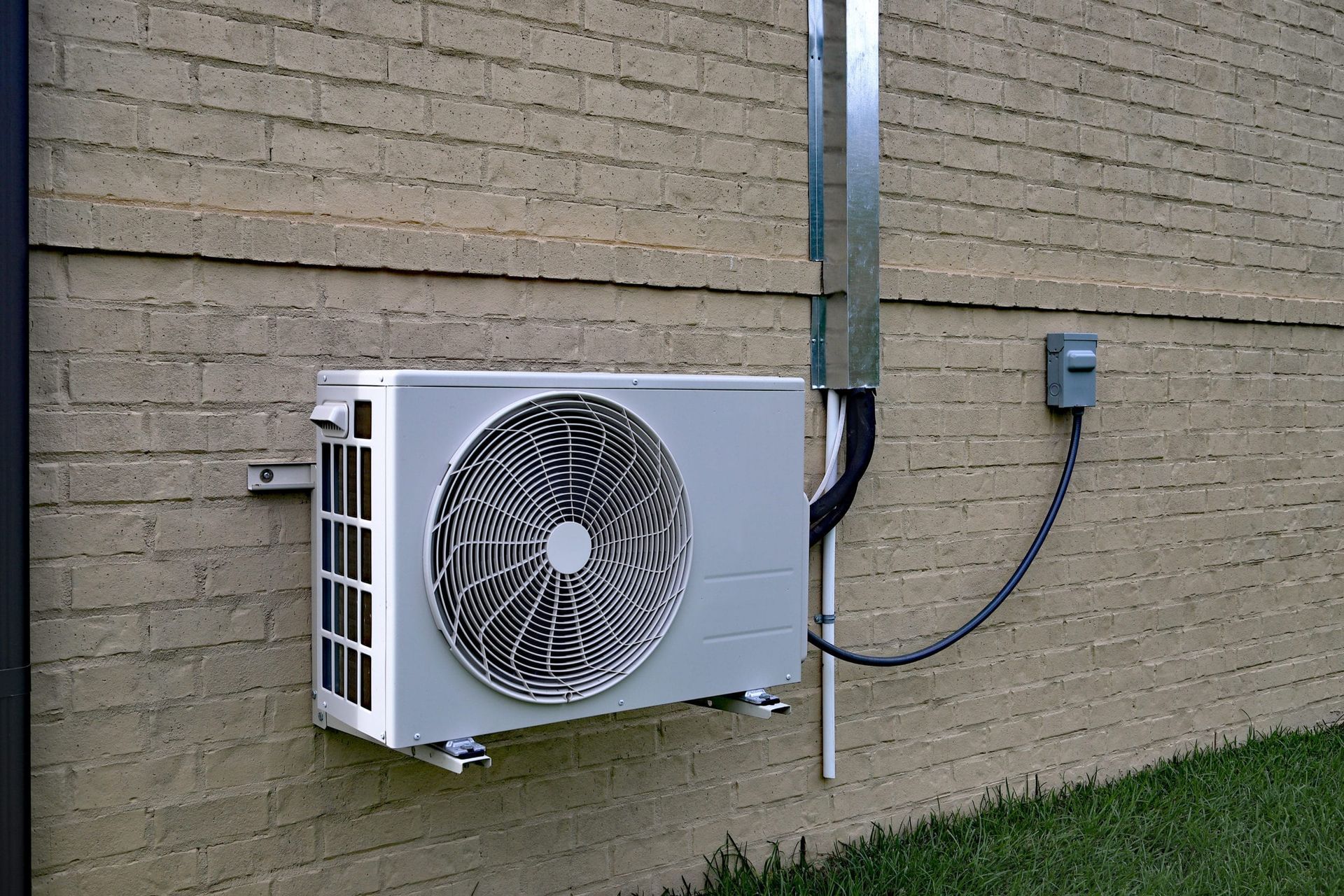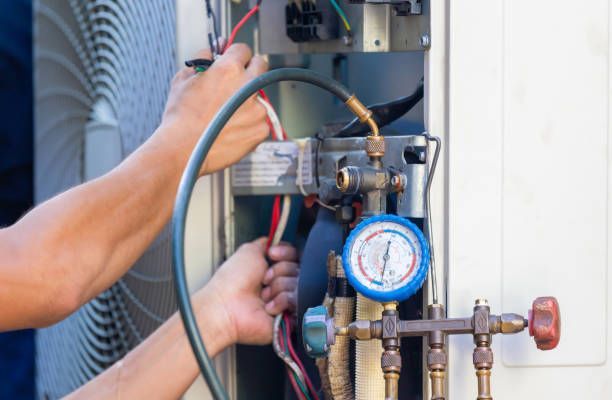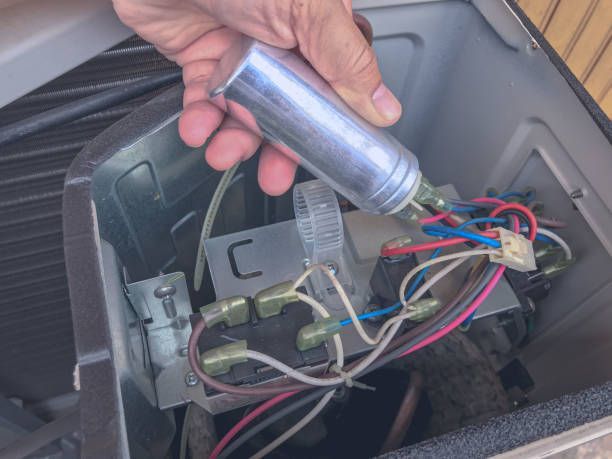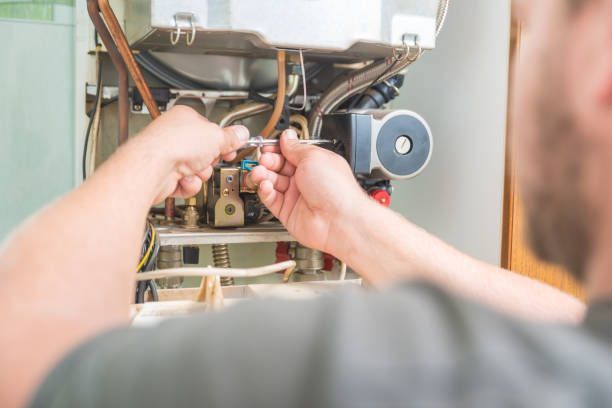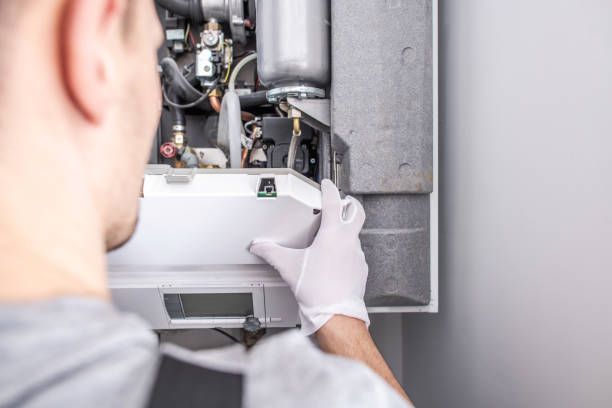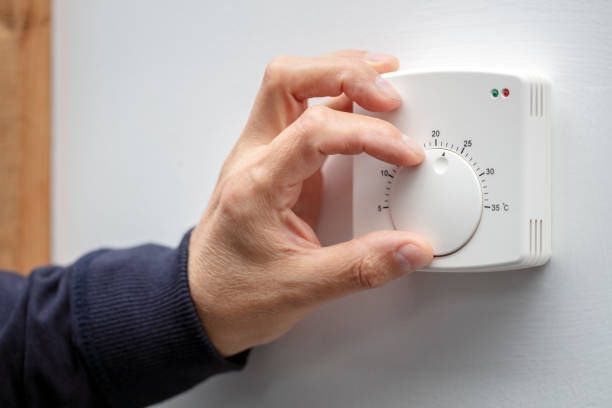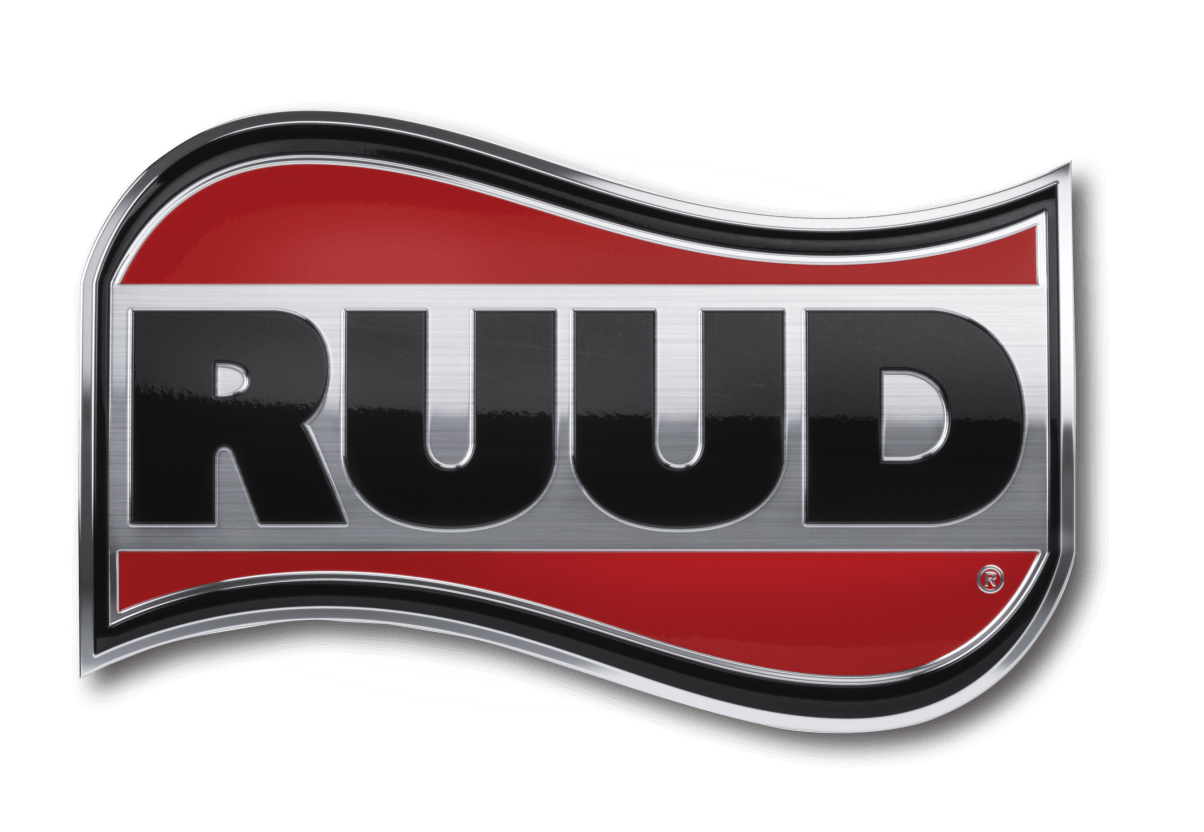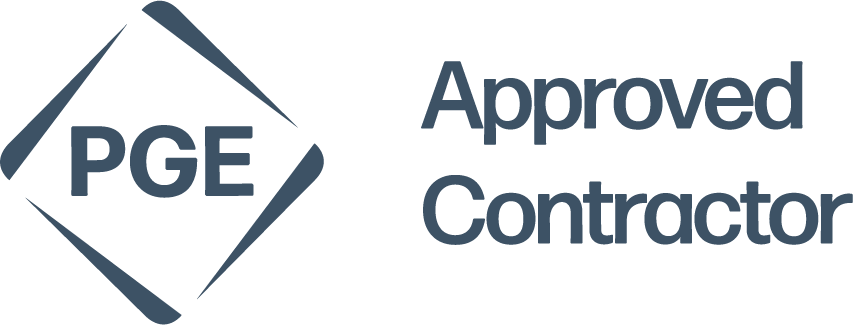Proper maintenance will help protect the investment you made in a quality HVAC unit that provides reliable comfort year-round. However, some small things can be done around the house for additional savings on energy bills as well!
First, all homeowners should always change their air filter; this ensures efficient airflow and optimized performance of your heating or AC unit by removing contaminants from circulating through them before they reach their destination inside the home. All filters come equipped with simple instructions outlining how easy it is to replace old ones – slide out the old filter, then slide the new one into place.
As the HVAC air filter blocks dust, dirt, allergens, and mold spores from entering your system, it is crucial to replace them regularly. When a filter starts blocking airflow, it’s time for replacement as well - this makes parts in your HVAC work harder for the same results. The higher energy bills and broken parts from the overworked filter can also affect your health. A complete filter is designed to block all of those particles, but when it's not working correctly (because you haven't replaced or cleaned it in a while), things like pollen, dust mites, bacteria-causing germs are back inside with you.
Why changing your filter is essential?
Air filters are a necessary part of any clean home. They trap pet hair, dust, and other irritating particles so that your air conditioner delivers fresh, clean air back into the house. Eventually, your filter will become clogged with all this debris (especially if you have pets), leading to some severe problems: high energy bills or, worse — your system may not be able to cool/heat the room properly. Imagine the allergens and dust you breathe in every day. Imagine living with a blocked filter, which can happen when your HVAC system is strained due to an old or clogged filter. If this isn't addressed early enough, it could lead to expensive repairs or replacement systems down the line! Why not change those filters regularly?
Factors to determine when to change the filter
The quality of your air filter can significantly influence how often it needs to be changed. Higher-quality filters are more expensive, but they last much longer and trap more particles than their lower-quality counterparts. Pets also play an important factor in determining when you should change out the filters in your home—if you own pets, try changing them every two months for best results.
Air filters are a crucial component of the HVAC system. They keep your home comfortable by ensuring only clean air is pumped into it. They help prevent allergic reactions to airborne pollutants that can trigger asthma attacks or anaphylactic shock in those who have allergies. When you take good care of your indoor air quality with regular filter replacements, everyone benefits: Your family will breathe easier all year long.
Filters can be expensive and time-consuming to replace, but your air quality will suffer if they are neglected. Air filter replacement frequency will depend on various factors like humidity levels or usage in an area, so you need regular visual inspections. If there's dust-caked all over the dirty filter, even though it hasn't reached its expiration date yet, I would recommend that you change out your old one with a new fresh one.
How to change the air filters in the HVAC system
Here's how you can change the air filter when the replacement becomes necessary.
1. To find the size filter, check the old one that should have printed on its side what size is needed. If you can't locate this information, there are two places where filters may be found: either at the return duct or near where the coolant enters into an attic, utility closet, or basement unit from outside sources (soil gas).
2. Turn off power before changing out any items inside as these could cause electric shocks during use after turning back on.
3. Make sure that you have removed any grilles or covers over the filter housing. Then, take out the old one carefully while checking how it was situated inside its cover before inserting a new one. And make sure that airflow arrows are pointed inwards towards the unit, as well as ensuring there's no excess dust on either side of where you're placing the replacement filter.
4. After replacing the filter, turn your system back on and make sure that it runs smoothly by checking for any strange noises or vibrations.
Lastly, you should check air filters periodically for signs of clogging, and they are easily accessible. If the filter is too full or broken, it can inhibit airflow from your HVAC unit, leading to a decrease in cooling efficiency.
Schedule an annual tune-up and routine maintenance with Best Owner Direct HVAC - we are skilled professionals and known for the best air conditioning services. Call us today or fill out the form below for a free estimate.
